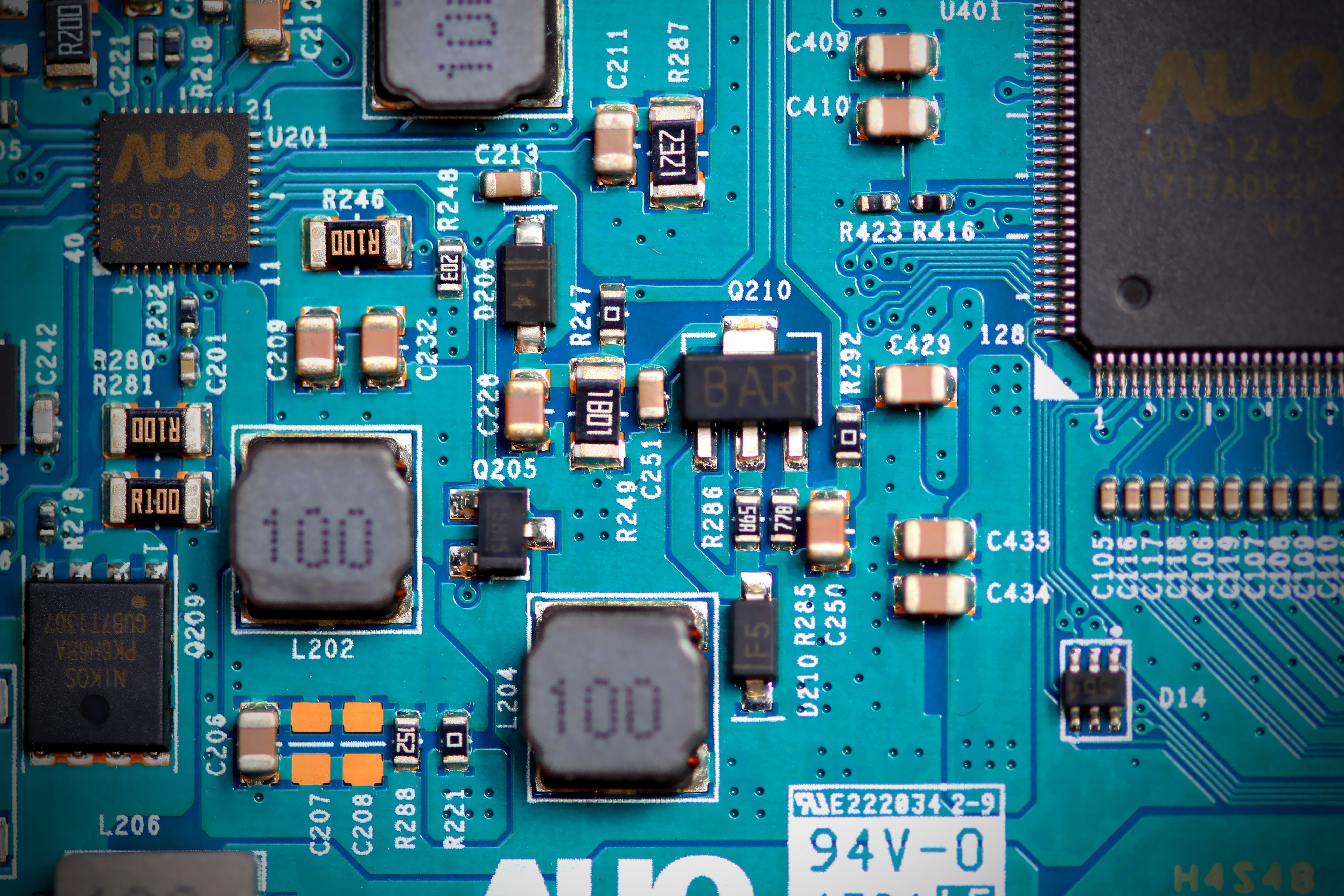In this month’s Sensible semiconductor news, we are focusing on the growing tensions between the U.S. and China and how it’s impacting chip production and future plans in both countries. We also examine the Semiconductor Industry Association’s call for changes to the CHIPS and Science Act in the U.S.
China Bans Micron Chips in Key Infrastructure
China has banned sales of some Micron products, citing national security risks. As part of the US-China rift within the global supply chain, the Cyberspace Administration of China advised domestic companies that provide key infrastructure to stop buying Micron parts due to “serious cybersecurity issues.”
Micron is evaluating the situation for its third largest market. China accounts for nearly 11% of total revenue.
Apple Shifts Chip Production to US-based Broadcom
Apple has announced a multi-billion-dollar deal with chipmaker Broadcom to increase its use of US-made components. Under the agreement, the two companies will collaborate on developing components for 5G devices to be manufactured and designed in the United States. This deal is in line with Apple's plan, announced in 2021, to invest $430 billion in the US economy.
Apple has been attempting to diversify supply chains, such as manufacturing devices in India and Vietnam. In 2022, Apple announced its intention to purchase semiconductors from a Taiwanese chipmaker's factory being built in Arizona. Additionally, Apple plans to manufacture the iPhone 14 in India, expanding its manufacturing operations outside of China. The recent deal with Broadcom expands their existing relationship, with components for Apple devices being designed and built in various parts of the United States.
China & South Korea Work to Stabilize Semiconductor Production, Raw Materials
China and South Korea have reached an agreement to enhance dialogue and collaboration with the semiconductor industry supply chain, addressing wider global apprehensions regarding chip supplies, sanctions, and national security.
During the Asia-Pacific Economic Cooperation (APEC) conference, China's commerce minister Wang Wenta met with South Korean Trade Minister Ahn Duk-geun. The ministers discussed the importance of preserving the stability of their supply chains and emphasized the need to strengthen collaboration. Additionally, Wentao expressed China's willingness to engage with South Korea to deepen trade relations and promote investments.
US and Japan Partner on Semiconductor Production
Japan and the U.S. have issued a joint statement promising cooperation in the research and development of advanced chipsets and other technologies. The move comes as both Washington and Tokyo attempt to reduce dependence on Chinese semiconductors and cooperate to expand chip manufacturing and secure semiconductor components.
The two nations committed to work together “to identify and resolve geographic concentrations of production undermining semiconductor supply chain resilience,” including collaboration with developing countries.
Germany Looks to Reduce Reliance on Asia Chip Production
Germany seeks to end European dependence on Asia for semiconductors. The European Union’s stated objective is to reach 20% of the world market by 2030, twice as much as its share today. Hitting these targets requires a 4X increase in production. The European Chips Act, which was enacted by EU lawmakers in April, pulls together €43 billion in public and private investment to meet its goals.
As Europe’s largest economy, Germany is spearheading this movement to reduce dependence on Asia. A €5 billion project by Infineon for a new factory in Dresden, along with major investments from US-backed companies Intel and Wolfspeed for building in Germany have been announced.
SIA Asks for Clarification and Changes to CHIPS and Science Act in the U.S.
The CHIPS and Science Act, a significant piece of legislation passed last year to boost semiconductor production in the United States, has resulted in substantial company investments that will create jobs and enhance the country's economy, national security, and global competitiveness.
To contribute to the implementation of this crucial law, the Semiconductor Industry Association (SIA) has submitted comments on the proposed rule of the Internal Revenue Service (IRS) and the Treasury Department regarding the CHIPS Act's "advanced manufacturing investment credit." While commending the Treasury for its comprehensive approach, SIA suggests clarifications and technical changes to provide taxpayers with greater certainty and flexibility.
Manufacturing semiconductors and their equipment involve complex and technologically advanced processes that require significant investments in facilities, equipment, and infrastructure. By adopting the advanced manufacturing investment credit, Congress aims to incentivize the development of a competitive semiconductor manufacturing environment in the United States.
Stay Up-to-Date on Semiconductor News With Sensible Micro
The team at Sensible Micro is tuned in to the latest semiconductor news to keep you informed. A global network of suppliers and distributors enables us to uncover critical insights, often before other industry sources. This helps us prepare for emerging development to better serve the electronic components industry.
Stay up to date on semiconductor and electronic component news with Sensible Micro.
News Sources:

















